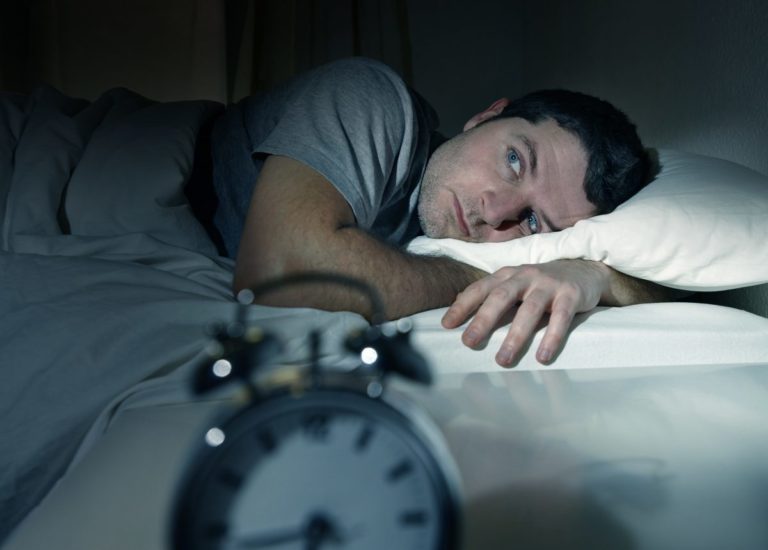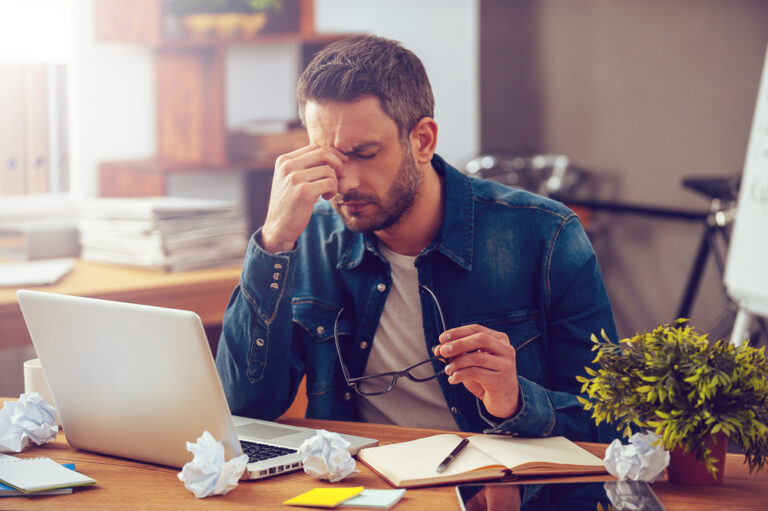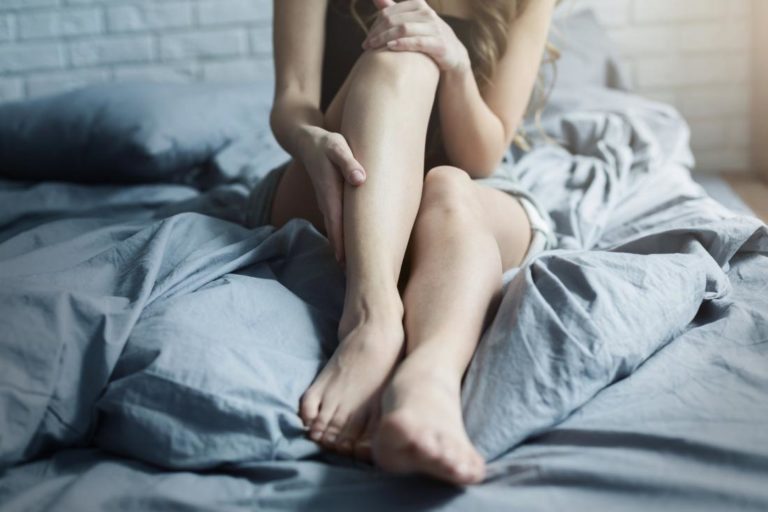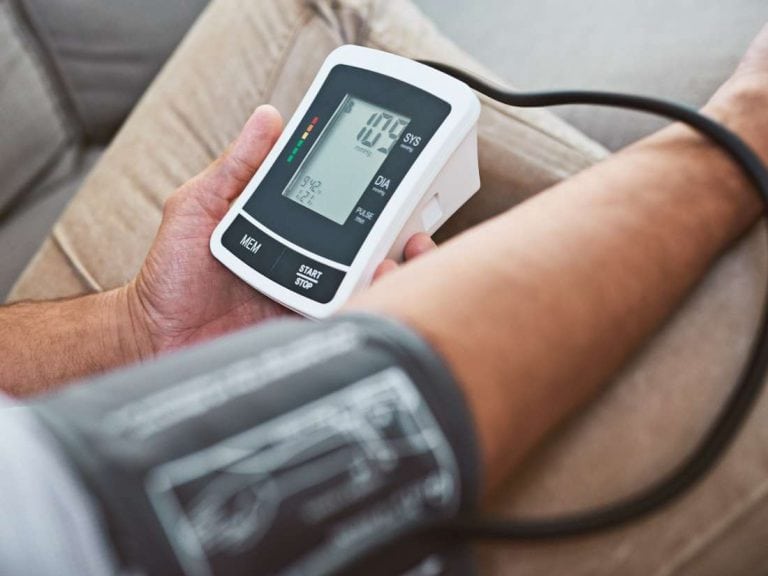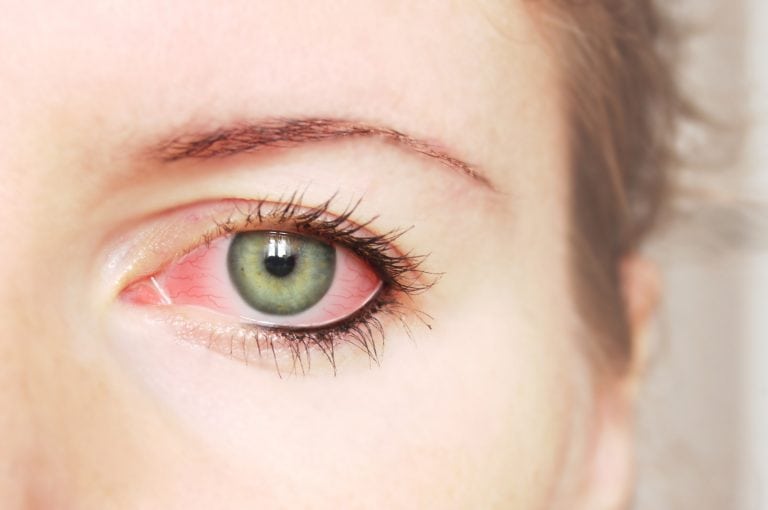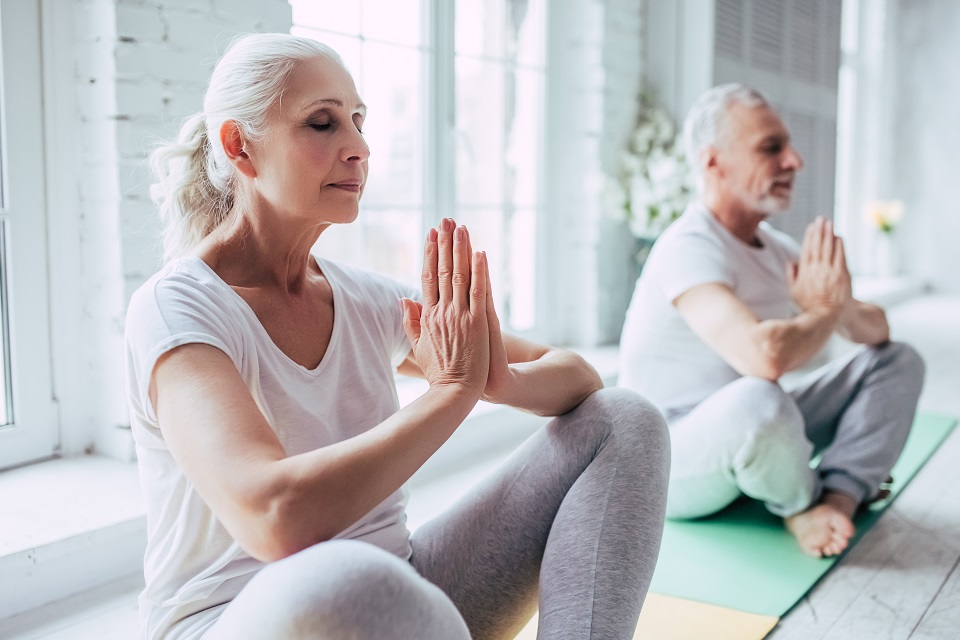
5. Get used to mindfulness, yoga, and meditation
Most people who deal with sleep issues are also dealing with stress. If you’re in the same category as I am, you should try yoga, mindfulness, and meditation. All of them are effective tools in achieving body and mind relaxation.
Here’s what you should know about each:
Yoga: Practicing it, you’ll get through several breathing patterns, as well as body movements that allow your body to release tension and stress.
Mindfulness: The goal of it is to keep you anchored to the present and to liberate yourself from overthinking.
Meditation: It is medically proved that meditation boosts melatonin levels; therefore, practicing it might force you to go to bed faster.
Which one will you choose?
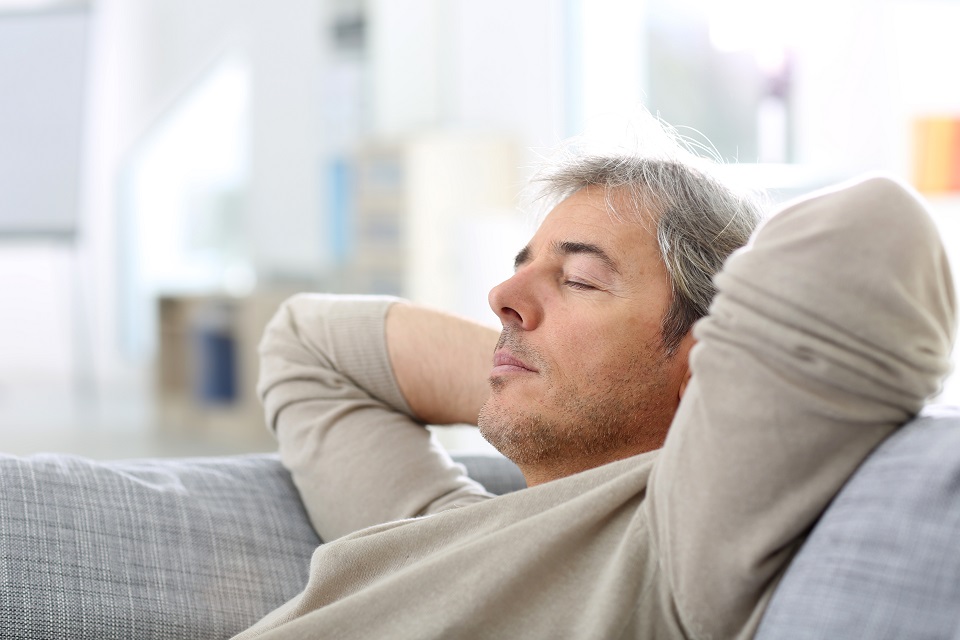
6. Stay away from daytime napping
A bad night’s sleep makes everyone sleepy during the day, but people with insomnia should stay away from daytime napping.
Although short naps are often associated with several health improvements, that’s not the case for long ones. Studies have shown that long naps (2 hours or more) could lead to sleep deprivation at night.
In a recent study of 364 older adults, the worst nighttime sleep quality was present in those who reported taking frequent and long naps.
Eliminate daytime napping in order to see if naps are affecting the quality of your sleep or not. If you can’t avoid naps, at least shorten them (less than 30 minutes early in the day).



